Pleasing China: How Hollywood Has Changed And Censored Your Movies To Make Them Happy
China and their box office seem to have plenty to say when it comes to American movies and their box office numbers are what moves the needle.
This article is more than 2 years old
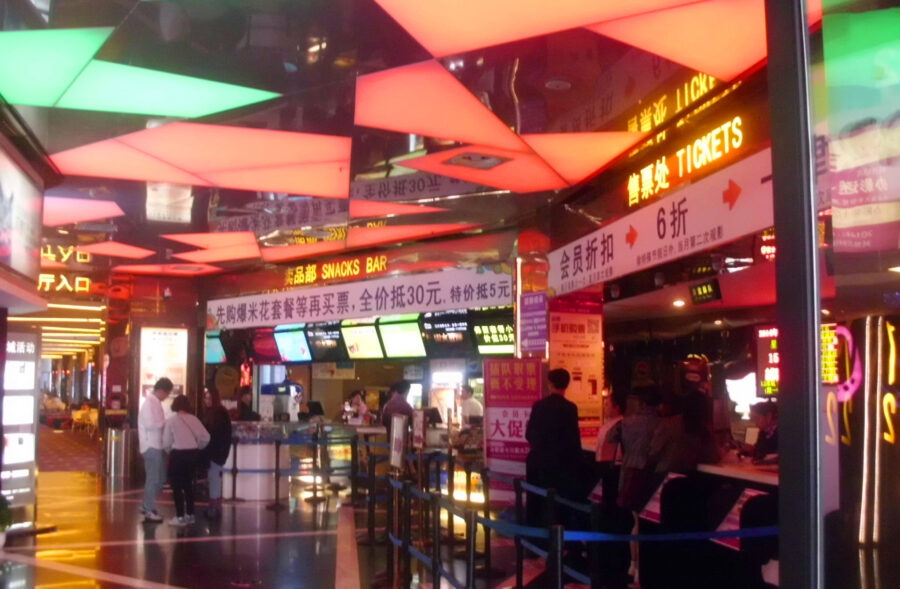
The U.S. box office used to be the driving force behind all Hollywood movies. Used to be. And while it still is a force, it no longer may be the driving force. No, China and their box office seem to have plenty to say when it comes to American movies and their box office numbers are what moves the needle.
Whether it be piracy or streaming services such as Netflix, Hulu, or Disney+, movie ticket sales have been slowly decreasing across the U.S., putting a strain on Hollywood and those big-budget movies. The steady increase in movie ticket prices also has played a part but not as much as one would think. So the need for the overseas market plays big for Hollywood production studios and none more so than the Chinese market, which is poised to take over the United States as the world’s largest box office in 2020. And this is something that isn’t necessarily a bad thing for Hollywood since the bottom line is what makes movies.
It’s one thing, though, having China and its market overtake the U.S. as the movie-watching leader but it’s another when Hollywood begins to cater specifically to their demands. Stanley Rosen, who is a professor of political science at the University of Southern California, told CNBCwhere he sees Hollywood and China, “You have to be very careful before you shoot a script — knowing how big the Chinese market is — to make sure that you get China right. As much as 70% or more of a blockbuster film box office comes from overseas – not North America – and China is a big part of that.”
It is becoming more and more evident just how Hollywood is bending to China’s requests. They have Hollywood over a barrel, so to speak, and are using what leverage they can to manipulate not only what movies come out of Hollywood, but styles, scenes and even down to ad placements within a movie. We’ve compiled a list of movies where Hollywood has made changes to win over China’s government and the almighty dollar.
MULAN
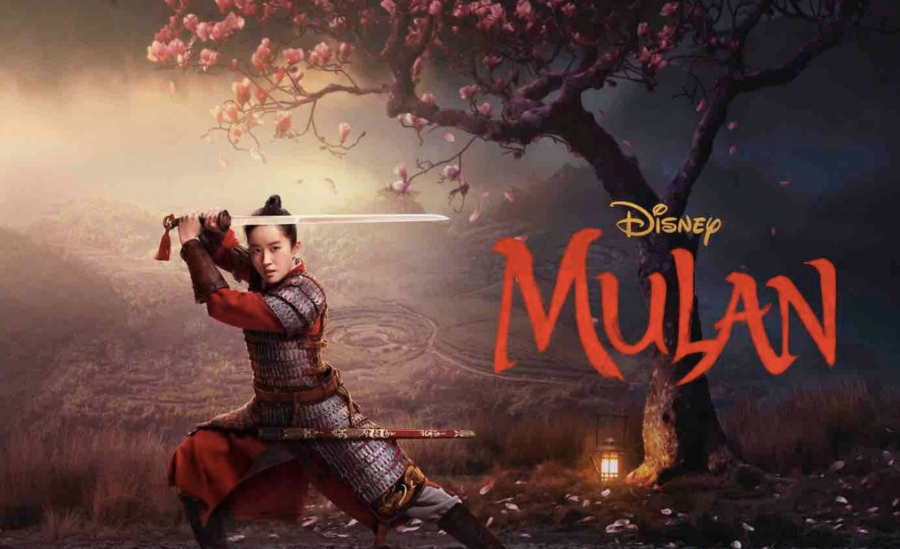
Disney’s new live-action remake is a perfect example of China’s influence. As the producers were going through the scriptwriting process, it was clear China was on their minds. Much of the thought was about a beloved character in the animate film, Mushu, whom Americans fell in love with but didn’t sit well with Chinese audiences. So as Disney chairman Alan Horn so eloquently told The Hollywood Reporter, “If Mulan doesn’t work in China, we have a problem.” Therefore, no Mushu.
Mushu wasn’t the only thing removed from Mulan to make China happy. They changed the movie’s one villain into two villains, to suit the tastes of Chinese audiences.
Additionally a scene where Mulan and her love interest Chen Honghui kissed was removed after already being shot. They were told by the Chinese that it “doesn’t feel right to the Chinese people”. So it’s gone.
In the end, it didn’t even matter. China still isn’t happy with the movie. They’ve banned all media coverage of the film because they aren’t happy with the way media outlets have tied Mulan to human rights abuses in the country.
TOP GUN: MAVERICK
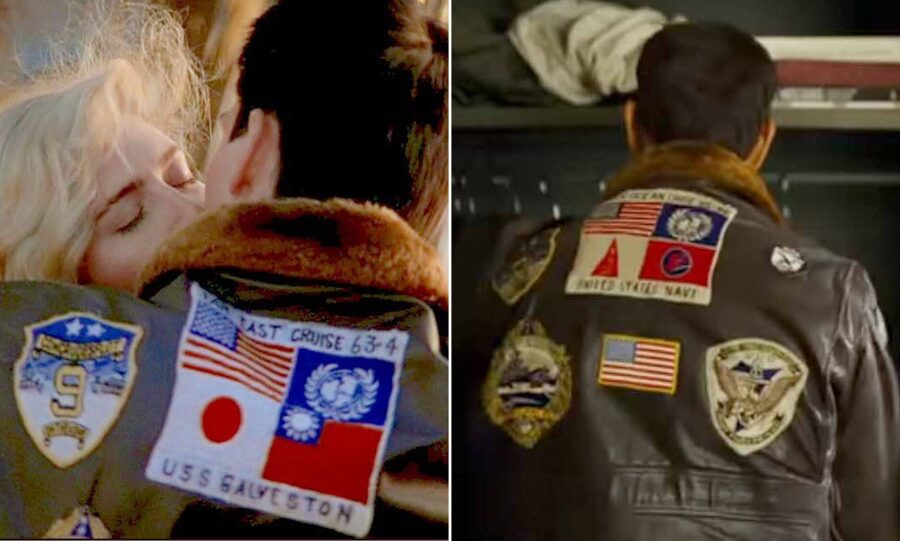
Everyone is eagerly awaiting the sequel to Tom Cruise’s 1986 mega-hit Top Gun. When the trailer for Top Gun: Maverick dropped, fans of the film noticed something different about the iconic flight jacket Cruise wore in the first and outs on again in the second. Both the Japanese and Taiwanese flags have been removed and replaced by some weird symbols. Hollywood is now trying to appease the Chinese government.
DOCTOR STRANGE
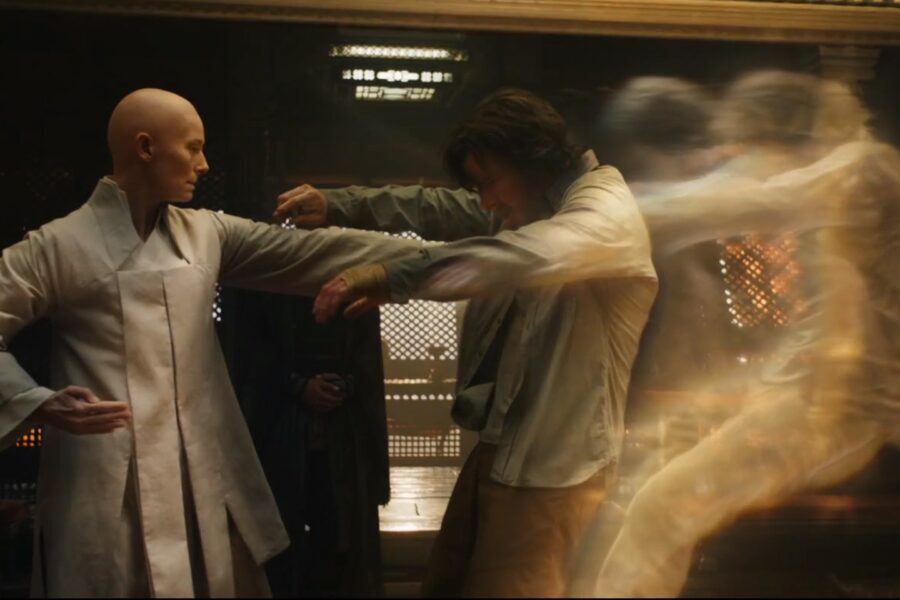
When it was announced that Tilda Swinton, who happens to be very white, was going to portray the Ancient One in Marvel’s Doctor Strange, controversy followed. Whitewashing of a character is a tradition in Hollywood, but in this case, Marvel admitted there was more to it this time around. See, in the comics, the Ancient One is a Tibetan mystic. The filmmakers were concerned that if they even hinted that Tibet was a place, they would stand to alienate over a billion potential ticket purchasers in China. Welcome, Tilda.
RED DAWN, 2012 remake

Forget how much a disappointment this remake was. In the original 1984 film, America was invaded by Soviets, Cubans, and Nicaraguans. The 2012 version saw the North Koreans invade, though initially, they weren’t going to be the big bad guys. No, that title went to China, who was set to bully its way into the U.S. But Chinese media took up the fight and caused the movie makers to bring in not one, not two, but FIVE special effects companies to remove any indication that they were Chinese forces invading and they replaced all flags with North Korean flags.
LOOPER

This Bruce Willis and Joseph Gordon Levitt film made many significant changes to meet the Chinese film regulations. And even though a deal was made between Endgame Entertainment and the Chinese studio DMG, the Chinese government decided they wanted their say, mandating a number of changes to the story. In order to keep their deal with DMG, the story that was supposed to be set in Paris had to be changed to China. So, any Paris scenes switched to China and they went so far as to change Willis’ on-screen wife to Chinese actress Summer Qing.
SKYFALL

Producers of the James Bond film Skyfall were obviously trying to entice viewers in China by centering much of the action in Macau. They made more concessions for China when they cut out a scene in which a Chinese security guard was killed and references to torture by Chinese agents deleted.
IRON MAN 3

While in some instances, giving in to Chinese ideals can have its benefits, as seen by the films taming of the notoriously racist caricature The Mandarin, sometimes the over-eagerness to please can have the opposite effect too.
Trying to please the Chinese viewers, the filmmakers introduced Dr. Wu, a brand-new character created for the Chinese version of the film. Dr. Wu performed surgery on Tony Stark using acupuncture while also consuming many carefully placed Chinese products. All this while giving no reason for this new character to appear. The audience saw through the producer’s feeble attempt and roundly mocked them over social media.
PIXELS
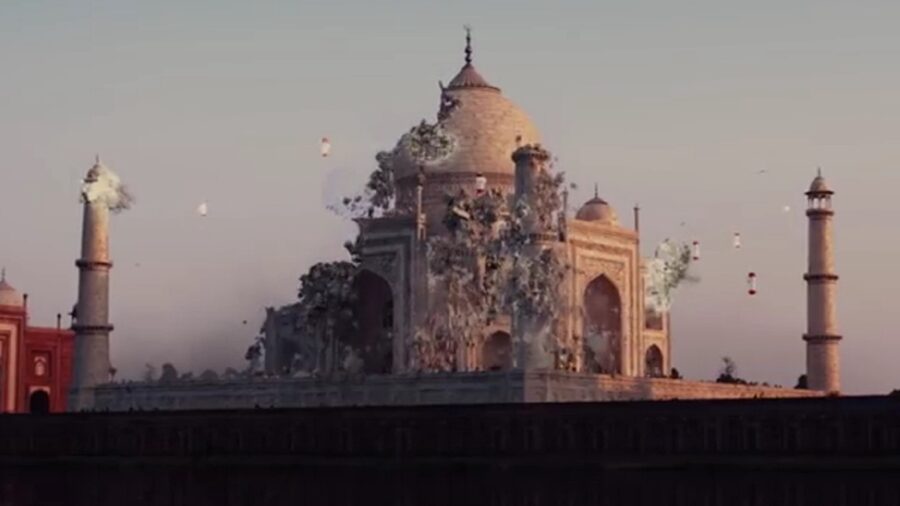
This Adam Sandler comedy was part of a bit of controversy after Sony Pictures emails were exposed by North Korean hackers. One email showed just how far the studio heads went just to please the Chinese censors. One scene for the movie Pixels that referenced a communist conspiracy was wiped out. In another scene of the movie, a montage of the world’s monuments being blown up, the part where the Great Wall was destroyed was replaced by the Taj Mahal.
CAPTAIN AMERICA: CIVIL WAR
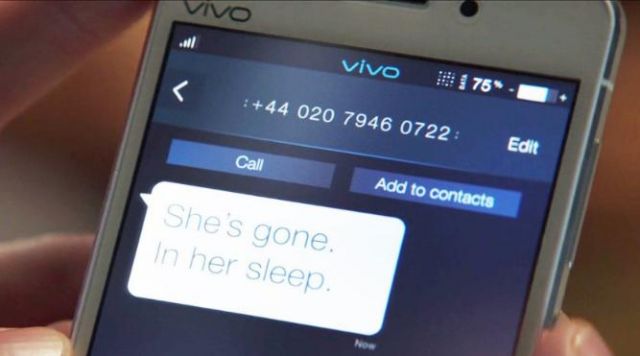
This was a quick change but fairly noticeable. Tony Stark using the Chinese-made budget cell phone Vivo certainly pleased some people.
WORLD WAR Z
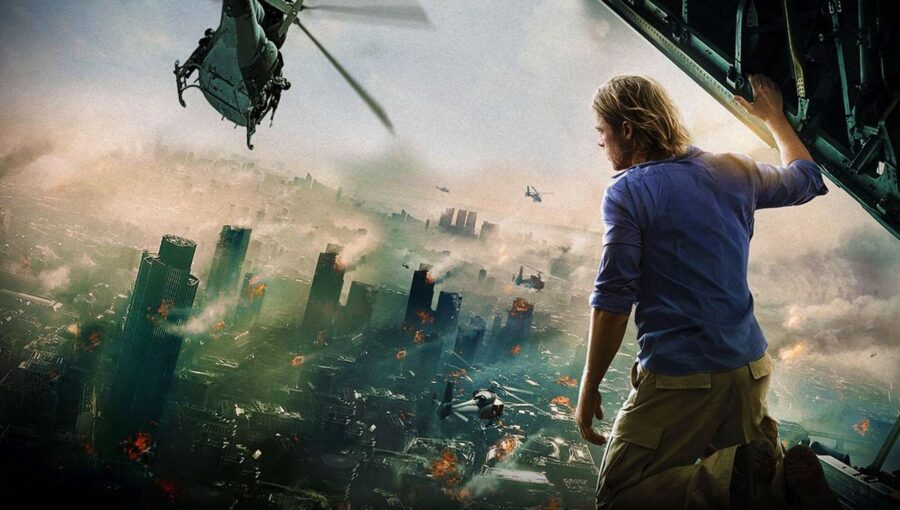
This film Brad Pitt directed and starred in was beset with long production delays and rewrites. These rewrites were much more China-friendly. The original script called for the contagion to be China-related but was rewritten to be North Korean. The subplot that told of a Chinese officer blowing up the Politburo was deleted. Also, the small detail about Lhasa (in Tibet) being the largest surviving city was removed completely.
CLOUD ATLAS
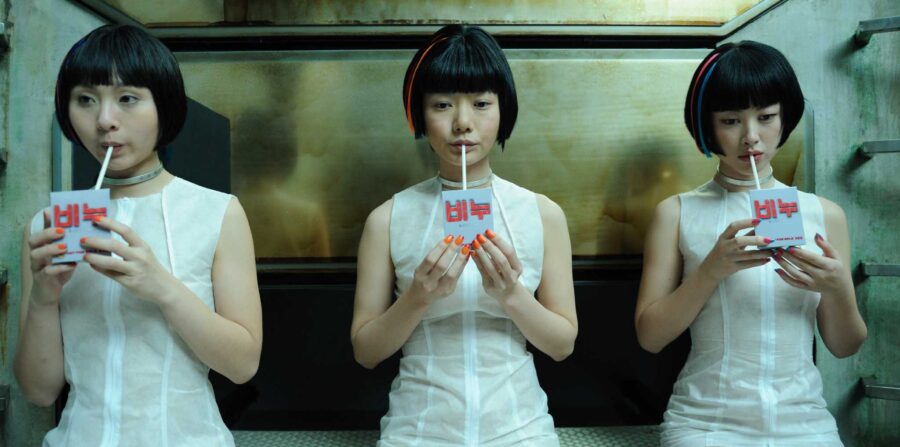
In the Chinese edit of Cloud Atlas, nearly 30 minutes was removed. Most of this involved plotlines and scenes sexual in nature. These included a same-sex romance between two guys and sex between a human-replicant and her foreman.
X-MEN: DAYS OF FUTURE PAST
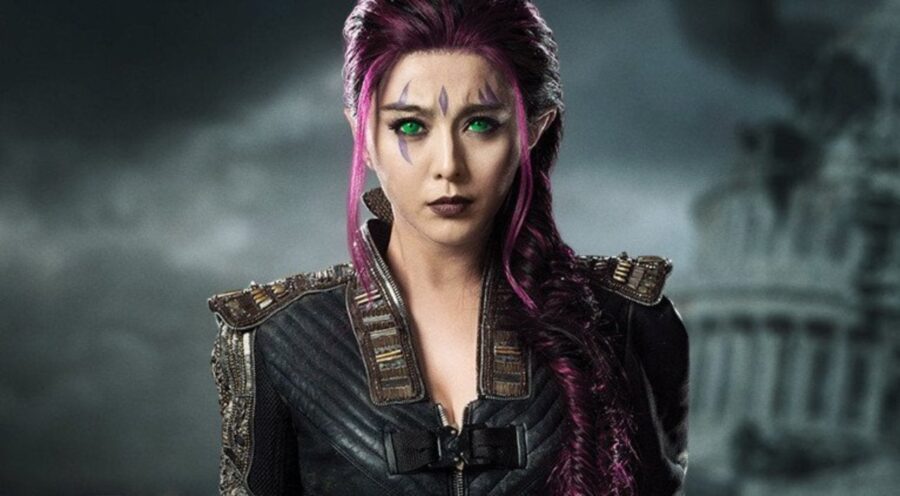
In the Chinese version, filmmakers added over half an hour to the movie in Hong Kong plus they included cameos by Chinese star Bingbing Fan and a Chinese boy band.
MISSION: IMPOSSIBLE 3
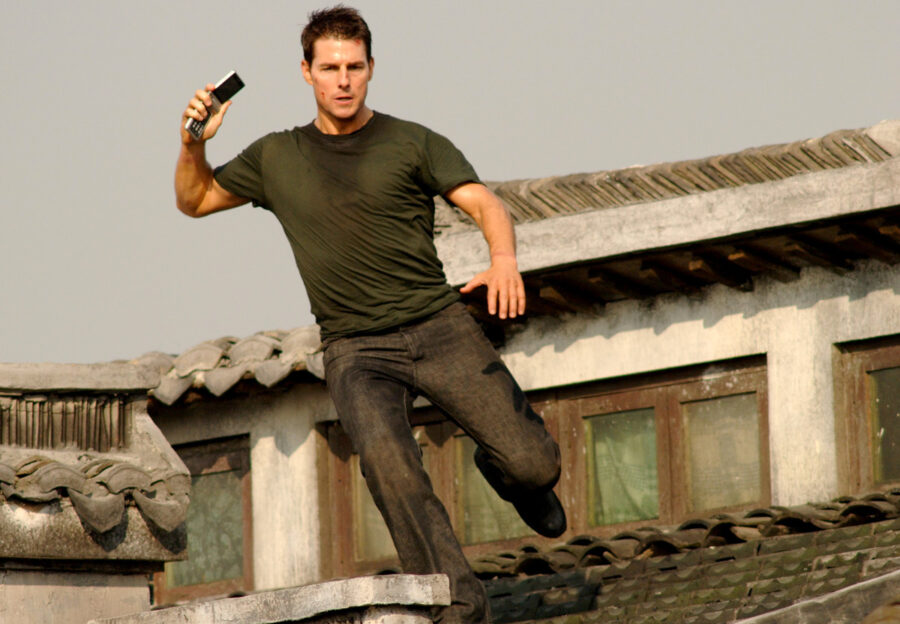
China is very sensitive about how they view themselves, so when Tom Cruise is running on the Shanghai rooftops in M:I3, editors had to remove clothes hanging from clotheslines in the Chinese edit.
PIRATES OF THE CARIBBEAN: AT WORLD’S END
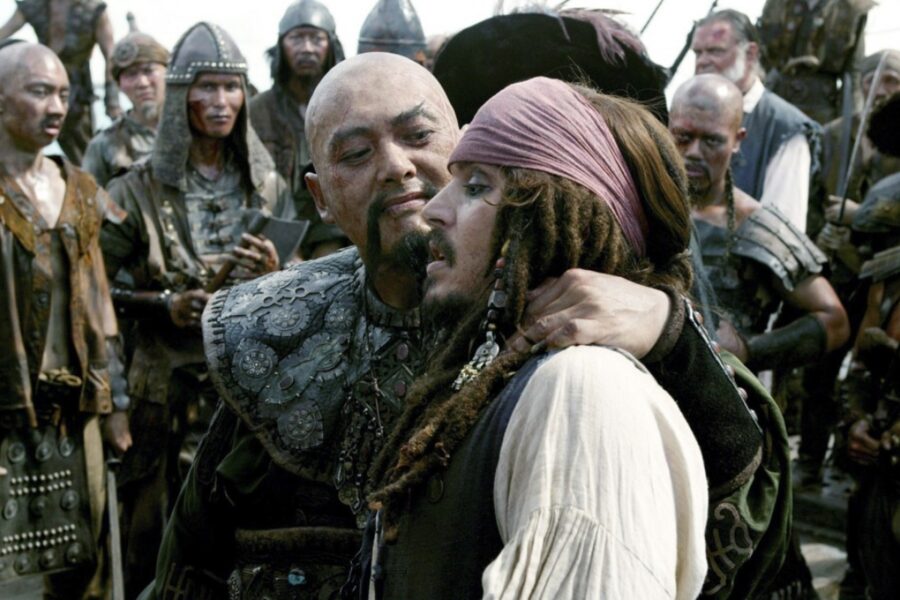
It is unacceptable for Chinese audiences (or perhaps their government) to see a Chinese pirate. This is why Disney completely edited out actor Chun Yow Fat from POC: At World’s End.
TRANSFORMERS: AGE OF EXTINCTION
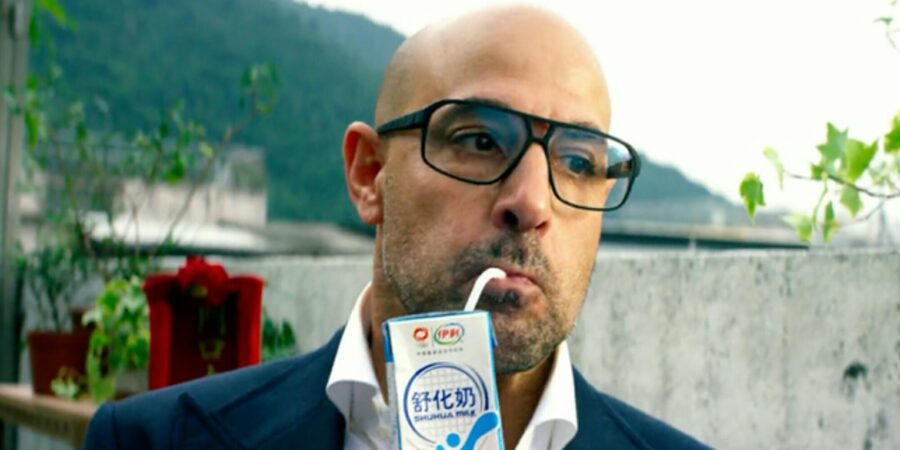
This fourth movie of the Michael Bay Transformers series was co-produced by China’s Jiaflix Enterprises so showing a shot of a debit card from the Chinese Construction Bank shouldn’t be a surprise. Nor should it be when Stanley Tucci’s character is shown drinking a Chinese brand of milk.
MEN IN BLACK 3
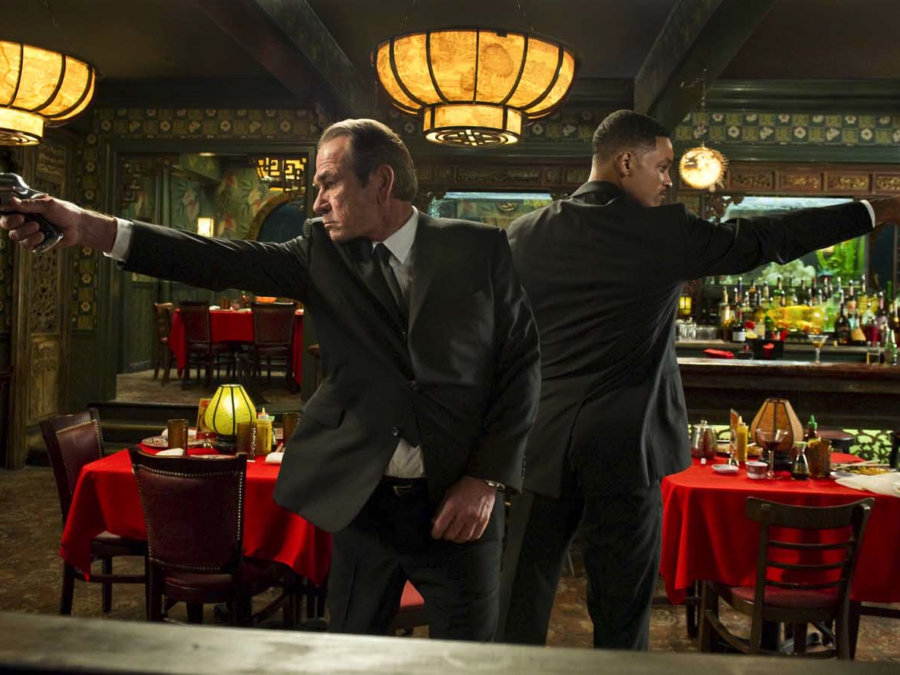
A few scenes in the third Men In Black series were dropped to please the Chinese in their version. First removed was a scene in which Chinese bystanders had their memories erased. Another was scenes where the bad aliens were disguised as Chinese restaurant workers.
WARCRAFT
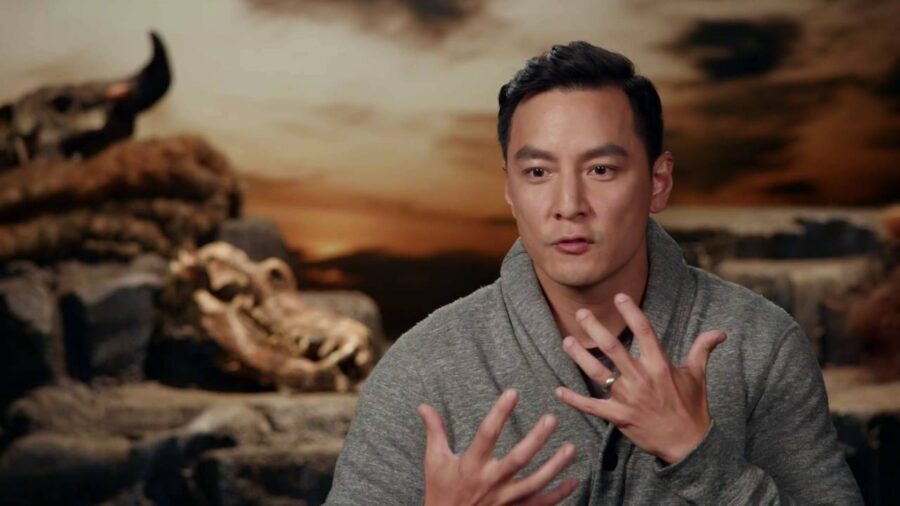
This video game made into a movie quite possibly has more fans in China playing the game than in the U.S., so Chinese actor Daniel Wu was added to bring more Chinese fans to the theater. It worked as China pulled in five times more ($221 million to $47 million) than the U.S. box office.
INDEPENDENCE DAY: RESURGENCE
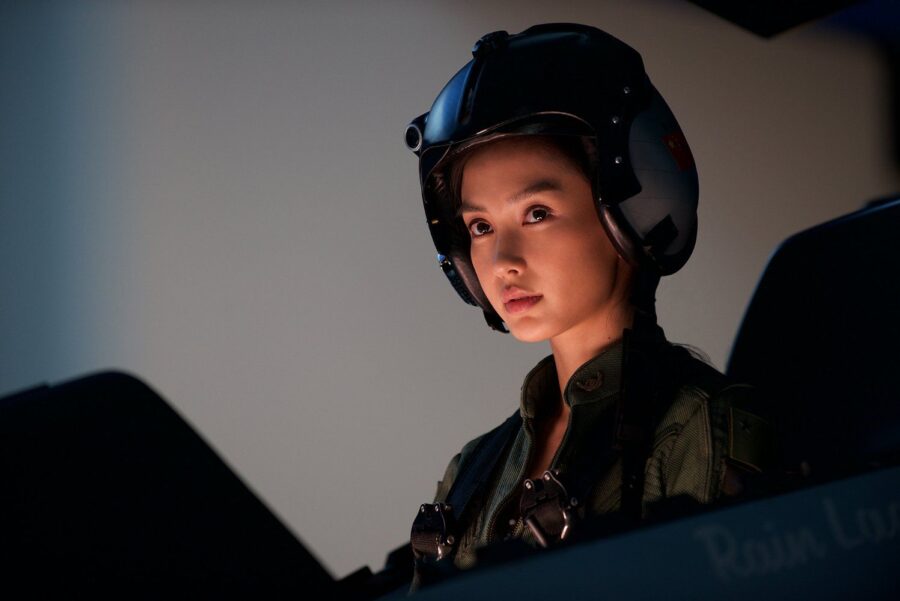
This sequel to the hit Independence Day brought along Chinese star Angelababy and also saw lead Liam Hemsworth using the popular Chinese instant messaging service QQ. The Chinese product, Moon Milk, is seen throughout the movie.
DJANGO UNCHAINED
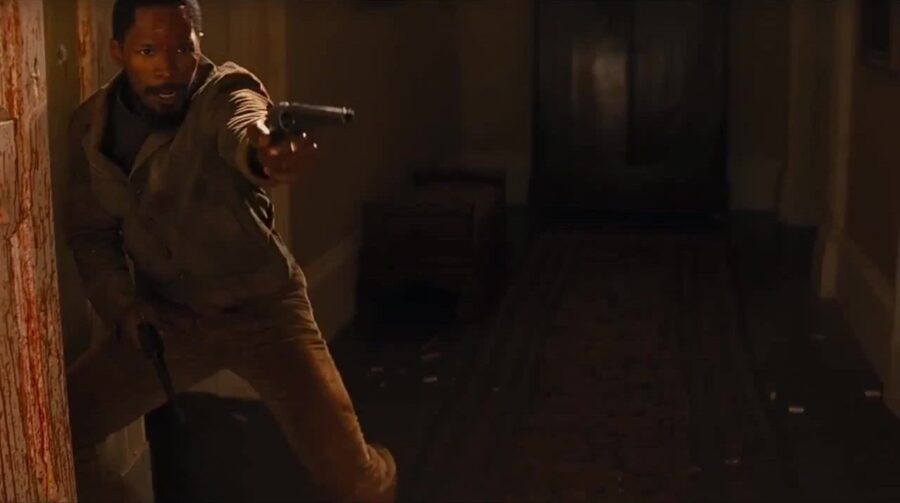
This one, probably going against everything Quentin Tarantino stands for, was heavily edited for the Chinese release. The first cut had been cleared to be seen but hours into the premiere, it was pulled. The film was eventually re-released omitting the scenes where Django and his wife are naked while being tortured. Also gone was the slaved mauled by dogs scene and the end of the movie shootout is completely altered.
KARATE KID REBOOT
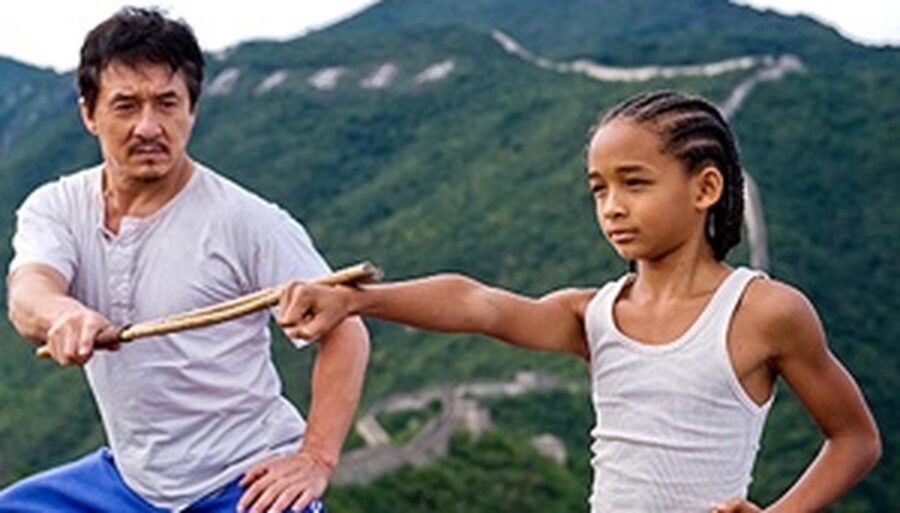
The Jackie Chan Karate Kid reboot was also heavily recut to remove all negative portrayals of the Chinese characters, a tough task when the movie pretty much is about an American kid having to fight off Chinese bullies… in China. They edited it so as to show that the Chinese kids only fought if they were provoked and the Chinese kung fu teacher was edited to not be a complete bloodthirsty jerk. The title changed to The Kung Fu Kid.
OUTRIGHT BANNED IN CHINA
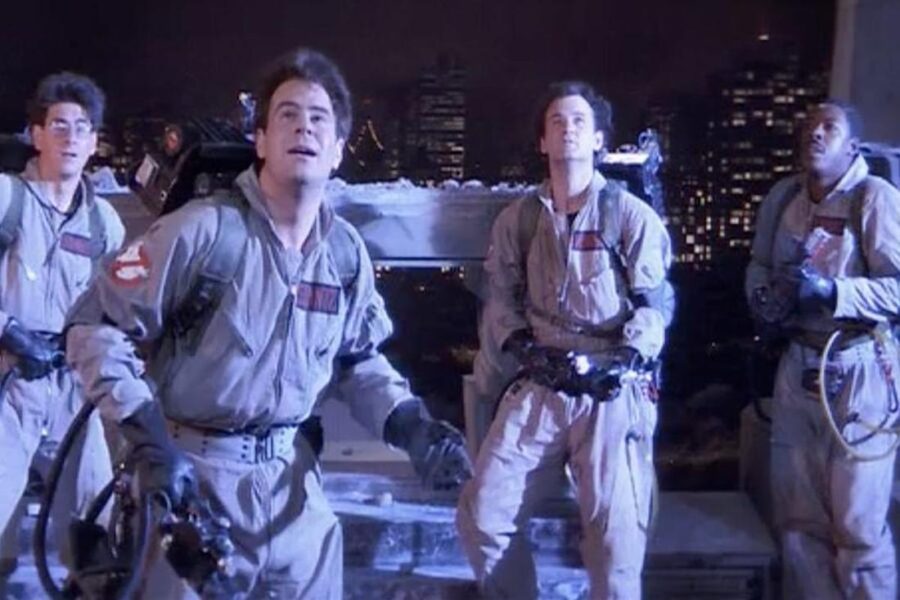
The Chinese government doesn’t always ask for changes in a particular movie. Instead, they just refuse the movie altogether. China has blocked some big movies in the past including Suicide Squad, The Departed, Top Gun, Captain Phillips, Seven Years in Tibet, Deadpool. Many reasons could be behind this but mainly it could be violence-related, or in the case of Top Gun, just the simple fact that Americans win anything at war could be their turn off. They have also blocked Ghostbusters, Crimson Peak, and Pirates of the Caribbean: Dead Man’s Chest presumably because ghosts are scary?
So, is this a good thing or a bad thing for Hollywood and should we care? It is, after all, a money-making venture. But if Hollywood begins truly catering to China’s whims at the expense of the American consumer, then what? It’s been done, as evidenced above. Perhaps the American audience is starting to grow tired of it, perhaps not. But if the American audience continues to drop, don’t be surprised or annoyed if more Chinese influence hits American movies.









